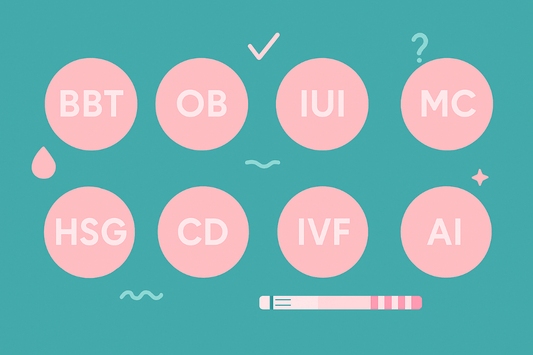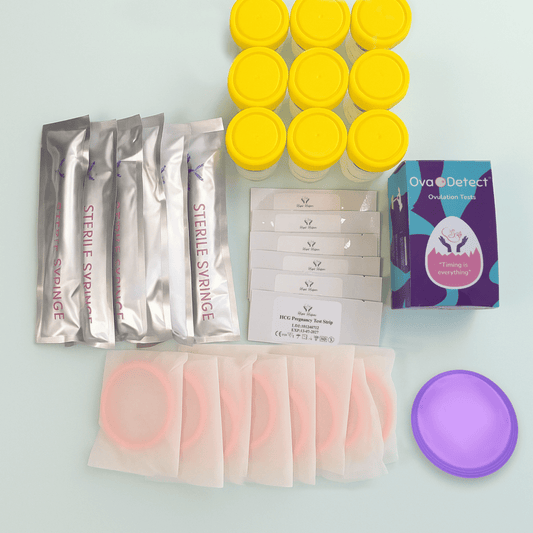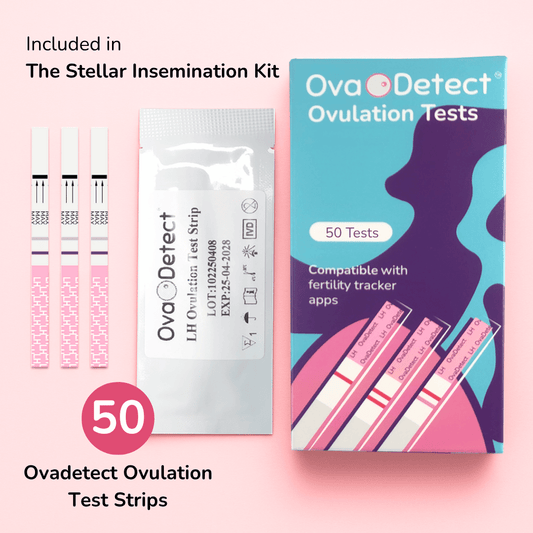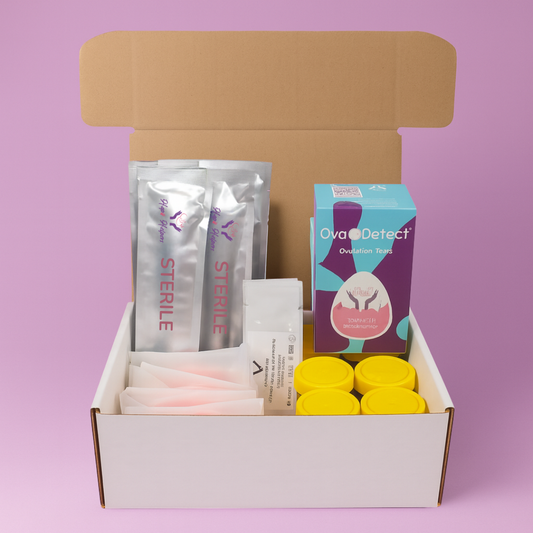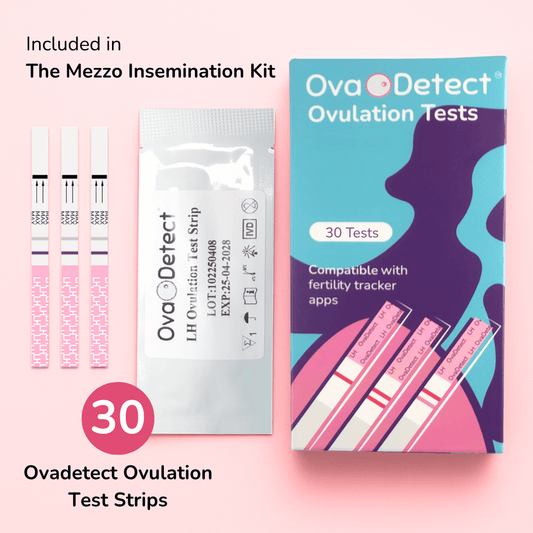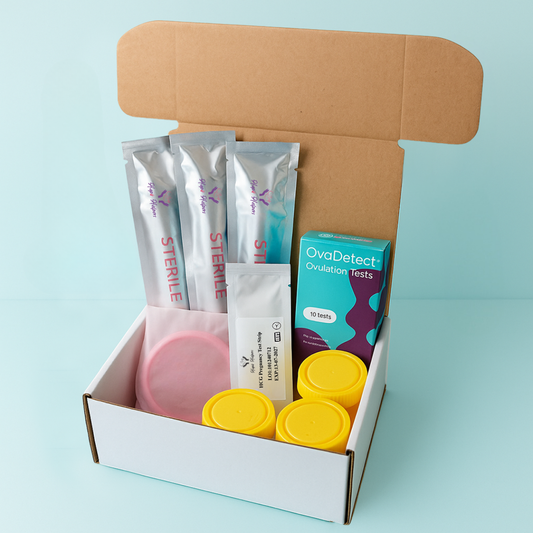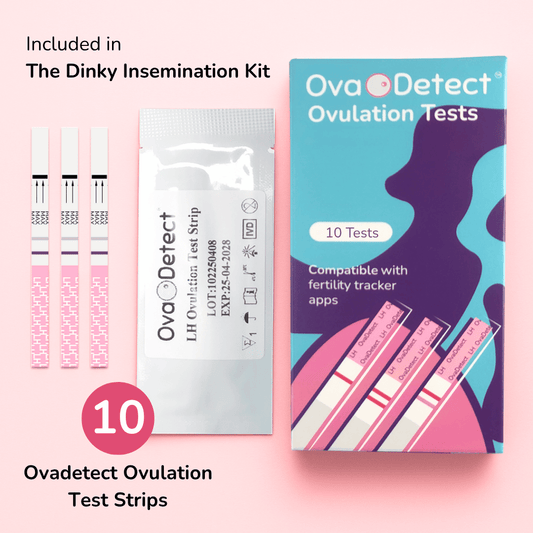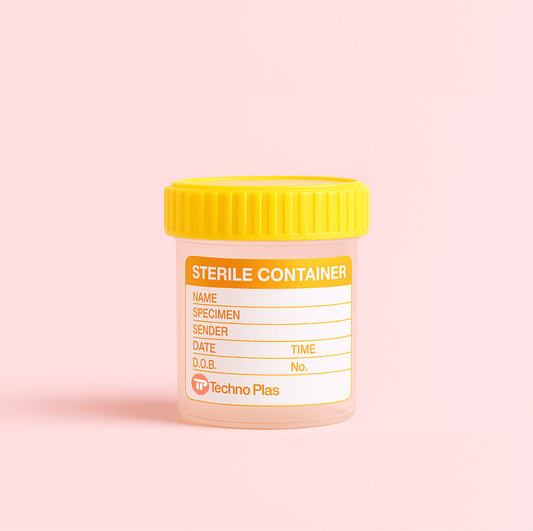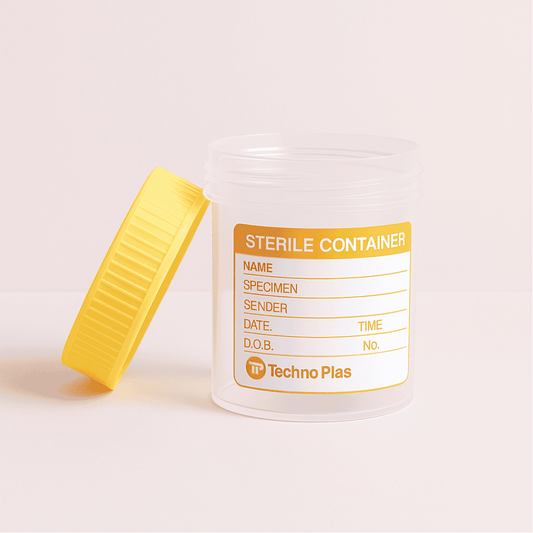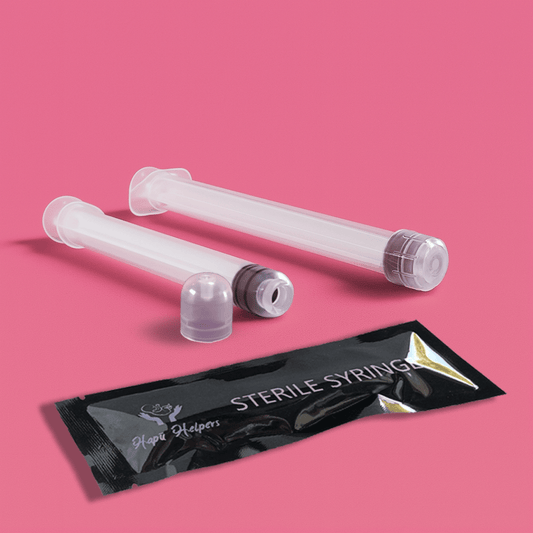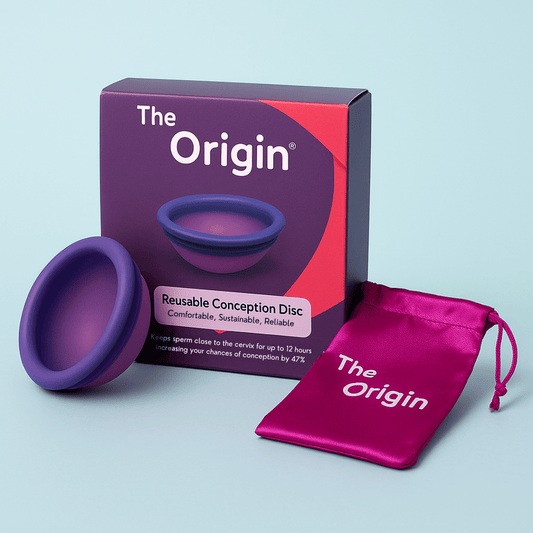A New Era of Family Building
What was once mostly used to help couples facing infertility has evolved into a powerful way for people to build families on their own terms.

Artificial insemination might sound like a medical term tucked away in a clinic, but today it’s so much more than that. What was once mostly used to help couples facing infertility has evolved into a powerful way for people to build families on their own terms. Whether it’s single parents by choice, LGBTQ couples, or anyone looking for alternative paths to parenthood, artificial insemination has opened doors for families of all shapes and sizes.
Breaking the traditional mold
Not too long ago, artificial insemination was mainly used by married heterosexual couples dealing with fertility challenges and it often happened behind closed doors because of social stigma. Times have changed. Society is more open, families come in many forms, and the conversation around reproductive choice is louder and prouder than ever before.
More and more single women are choosing to become parents on their own terms. Financial independence, shifting gender roles, and stronger support networks have made this a real and empowering option.
The LGBTQ community has also played a big part in normalising and celebrating artificial insemination. With marriage equality and more visibility for LGBTQ families, fertility services have become far more inclusive. From sperm donation to reciprocal IVF, there are now many options to help same-sex couples grow their families.
From secret donors to open conversations
For years, sperm donation was completely anonymous. Donors and recipients almost never had contact, and most children born through donation grew up with little information about their genetic background. But with the rise of easy at-home DNA testing kits like Genetrack and Biocerta, anonymity isn’t really possible anymore.
Today, more countries are moving towards open-donor policies so donor-conceived children can learn about their biological origins when they’re older. This change reflects a bigger cultural shift, people value connection, identity, and transparency. Countries like the UK and Australia have even made anonymous sperm donation illegal.
The rise of private donation
Another big change in the world of insemination is how many people are turning to private sperm donation. Social media groups and online platforms are connecting donors directly with recipients, making it possible to build more personal donor relationships and avoid the high costs of clinics.
But while this gives people more control and choice, it also comes with risks, like legal uncertainties or less medical screening. This is why many experts are calling for clearer guidelines to keep things safe while still protecting reproductive freedom.
A dark chapter: The Dr. Burton Caldwell case
Of course, not all stories in reproductive medicine are positive. One of the most shocking examples is the case of Burton Caldwell, a Yale doctor accused of secretly using his own sperm to inseminate patients in the 1980s without their knowledge. Decades later, DNA testing revealed the truth, leading to lawsuits and outrage.
His case highlights the need for strong ethical standards and legal protections in fertility care. Thankfully, as technology improves, it’s harder for these kinds of violations to stay hidden. Many places are now passing laws to hold fertility doctors accountable and protect families from abuse of trust.
Looking Ahead: A more inclusive future
Artificial insemination is becoming a normal part of family planning and that’s a good thing. As medicine, law, and society evolve, more people will be able to access safe, affordable, and empowering ways to grow their families.
For many, especially those who can’t afford expensive fertility treatments like IVF, at-home insemination is a more accessible first step. It’s a simple process using a sterile, needleless syringe to introduce sperm into the vagina, often with sperm from a known donor or a sperm bank. You can get everything you need through an at-home insemination kit, giving you privacy, comfort, and control.
As more people embrace their unique paths to parenthood, artificial insemination will continue to shape the future of family building, giving individuals and couples the power to build the families they’ve always dreamed of.

If you need help going through any block, talking with a TTC consultant can help! Book a FREE 15-minute virtual consult today!
Book a TTC consultation

